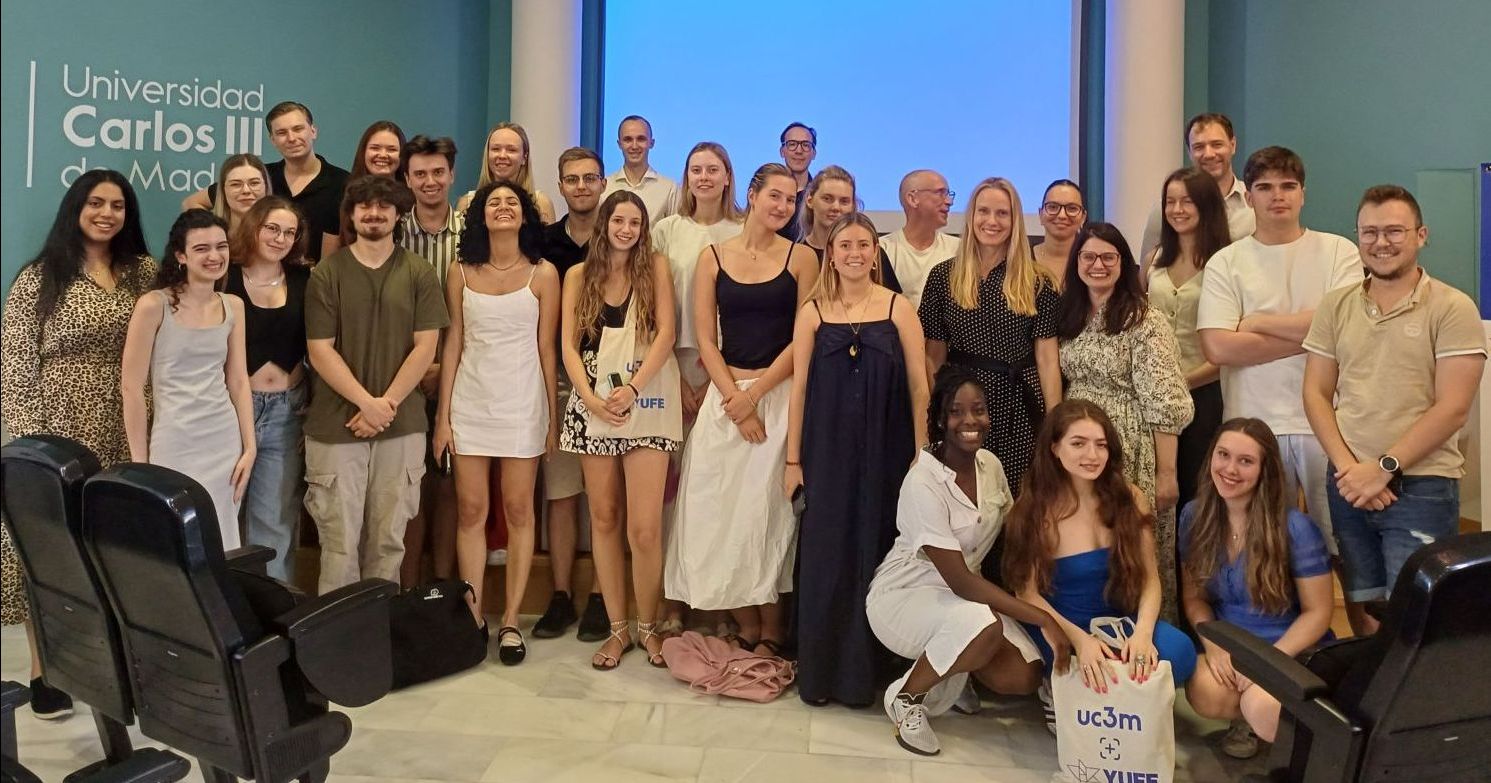 Campus life
Campus life
In an International Group on Challenges for Europe
What is it like to work in an international team on migration challenges? Is it possible to combine law, empathy and soft skills? These questions were answered by participants in the second edition of the Blended Intensive Programme (BIP) 'National and European Law in the context of migrations: some approaches', who met in Madrid to tackle issues important for contemporary Europe.
From 30 June to 4 July, thirty students and eight academics from five European universities gathered at Carlos III University in Madrid (UC3M) to participate in work on legal challenges related to migration. The meeting in the Spanish capital was the second part of the BIP programme, preceded by a series of five days of online lectures held in April and May.
The programme was aimed at law students interested in migration issues and social activities. Members of partner universities within the YUFE network – Young Universities for the Future of Europe, which also includes the Nicolaus Copernicus University in Toruń, were eligible to participate in the initiative.
Participating in the programme allowed me not only to broaden my knowledge of migration law, but also to experience true international cooperation. Working in a team with people from different countries opened my eyes to many new perspectives, says one of the participants from the NCU.
Not just theory
The programme covered key issues in European and domestic law, including internal border control, EU migration and asylum law, human trafficking, posted workers' rights, family matters and state responses to illegal border crossings.
Students working in international teams developed comparative analyses of domestic and EU legal regulations in selected areas. Their work was summarised in the form of presentations during plenary sessions. In addition to the substantive layer, participants took part in workshops developing soft skills. Some of the tasks involved working in teams to develop solutions and opinions on various topics. All groups were mixed and international. In this way, each participant improved their language skills and was able to more easily understand the differences between the history and culture of different countries. In addition, everyone worked on a joint report that included an assessment of the legal situation in the issues discussed and proposals for further changes. One of the key conclusions was a proposal to maintain freedom of movement between EU countries.
It was my first time participating in this type of initiative, so at first I didn't know what to expect. However, it quickly became clear that I could freely talk about topics that interested me and develop my skills in practice. It was particularly valuable that we discussed real problems, not just theory, says a programme participant from one of the partner universities.
A long-lasting cooperation
The programme involved universities from Spain (Universidad Carlos III de Madrid – coordinator), Poland (Nicolaus Copernicus University in Toruń), Croatia (University of Rijeka), Belgium (University of Antwerp) and Lithuania (Vytautas Magnus University). This is the second edition; the first took place in 2024 at the NCU. Members of the University Legal Help Desk actively participated in both editions, co-creating a space for practical and socially engaged education of future lawyers. The NCU University Legal Help Desk, which is part of the YUFE network, promotes the idea of combining academic knowledge with social responsibility and professional experience.
More information about the activities of the University Legal Help Desk
Participation of students and staff of Nicolaus Copernicus University in the second edition of the Blended Intensive Programme (BIP) "National and European Law in the context of migrations: some approaches" was co-financed by the Erasmus+ programme.
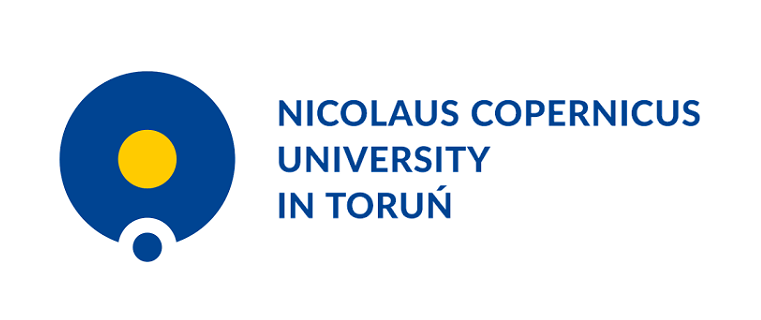 NCU News
NCU News







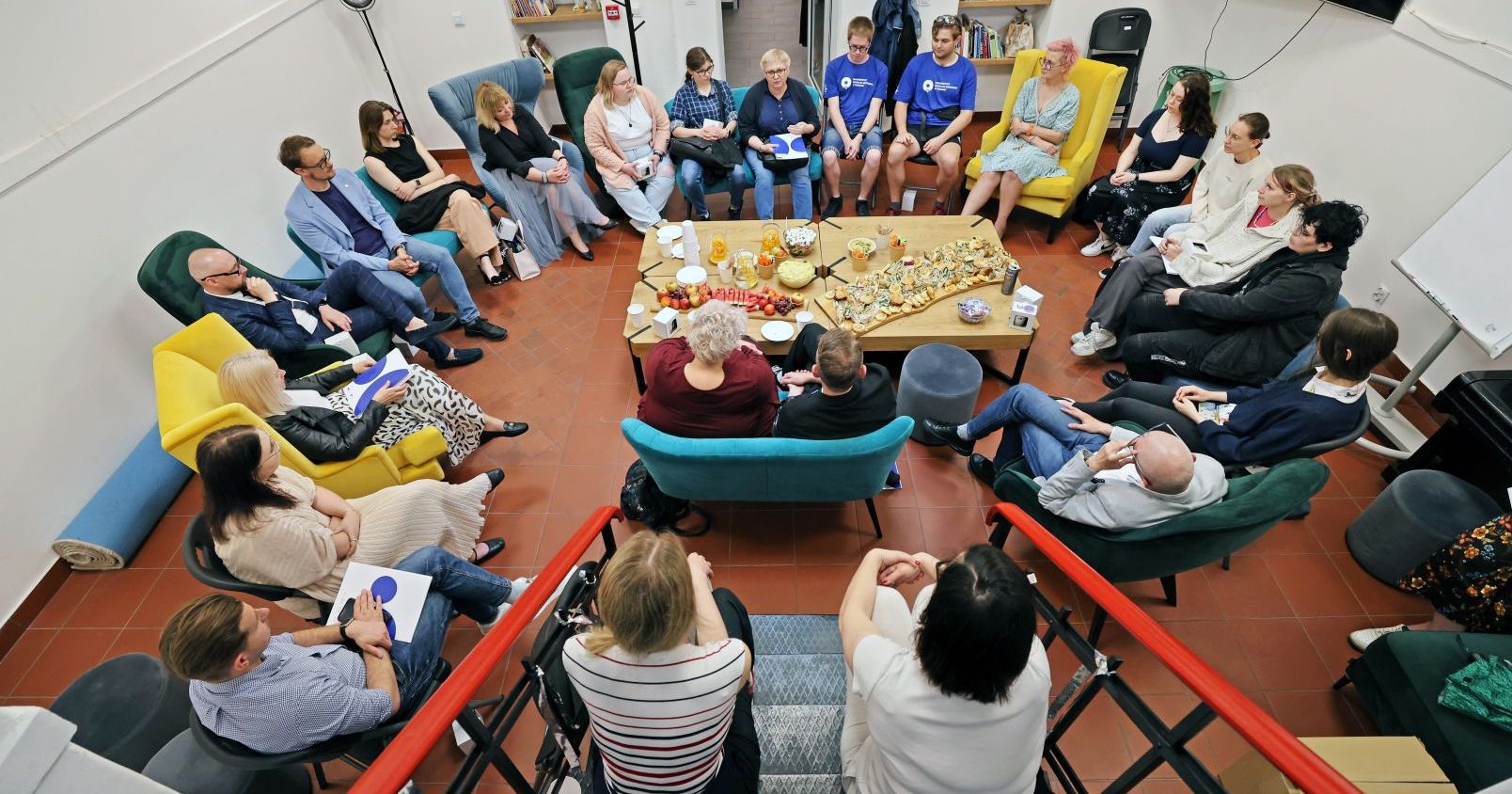 Campus life
Campus life

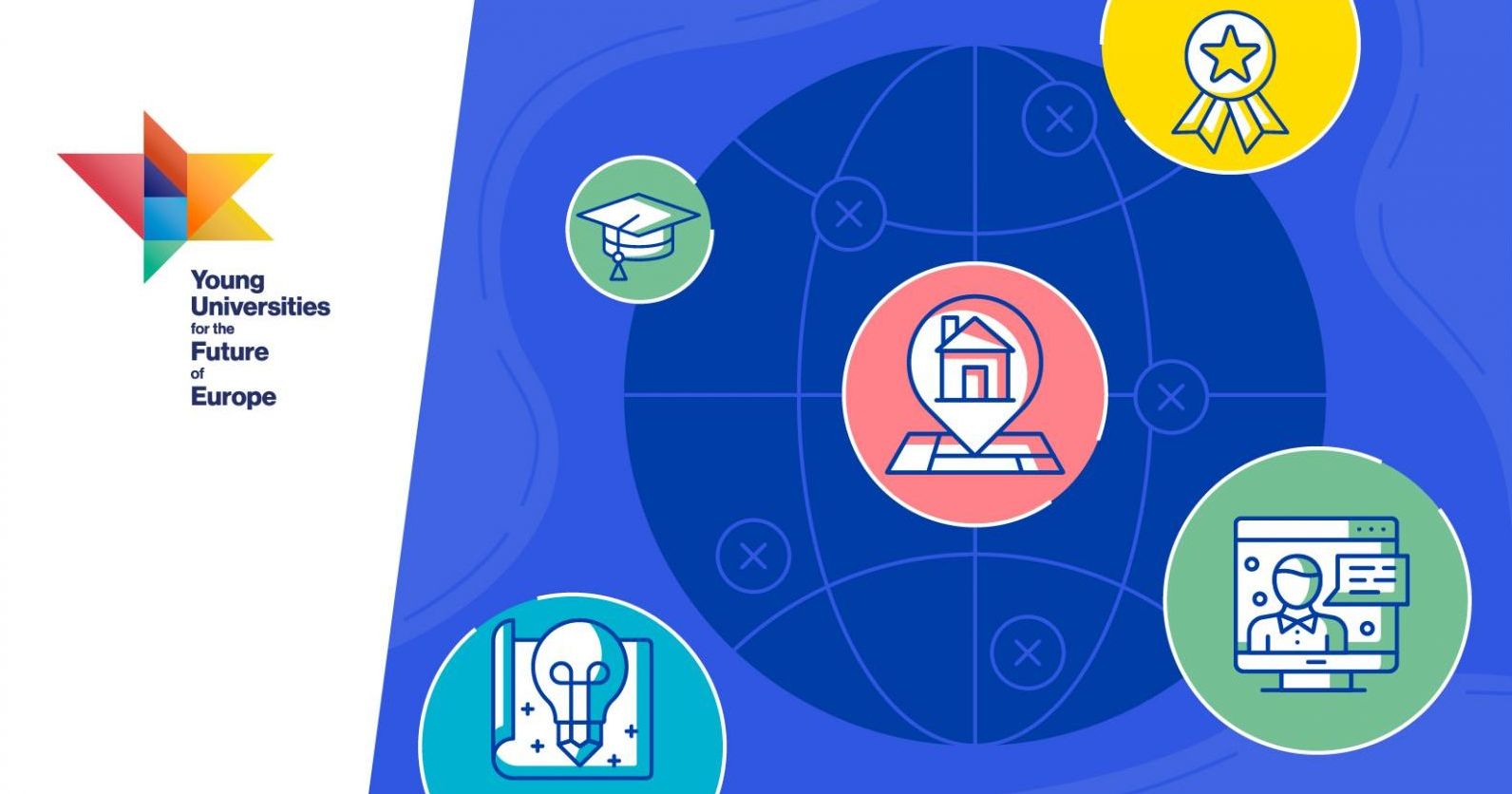 Campus life
Campus life
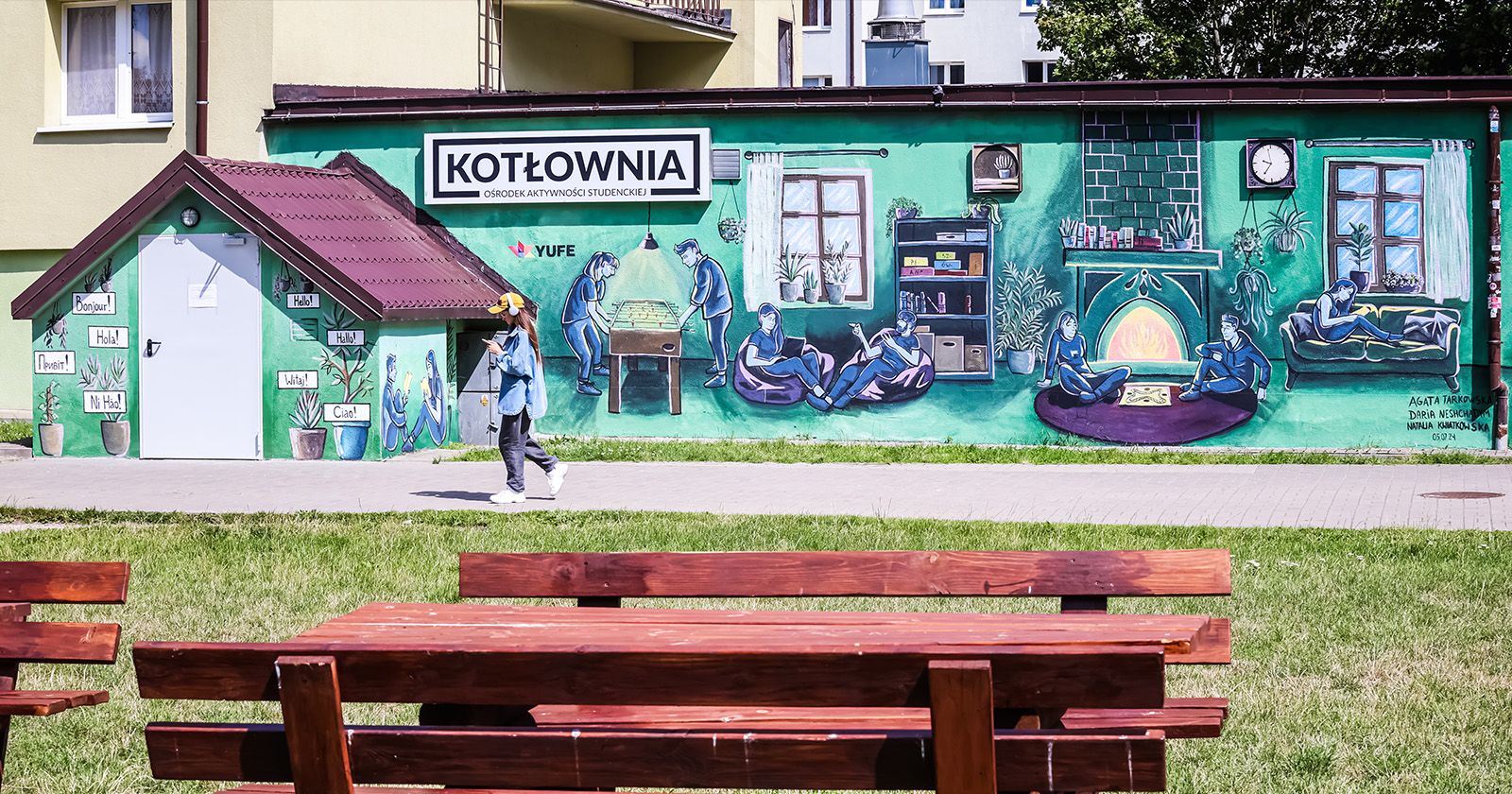 Campus life
Campus life